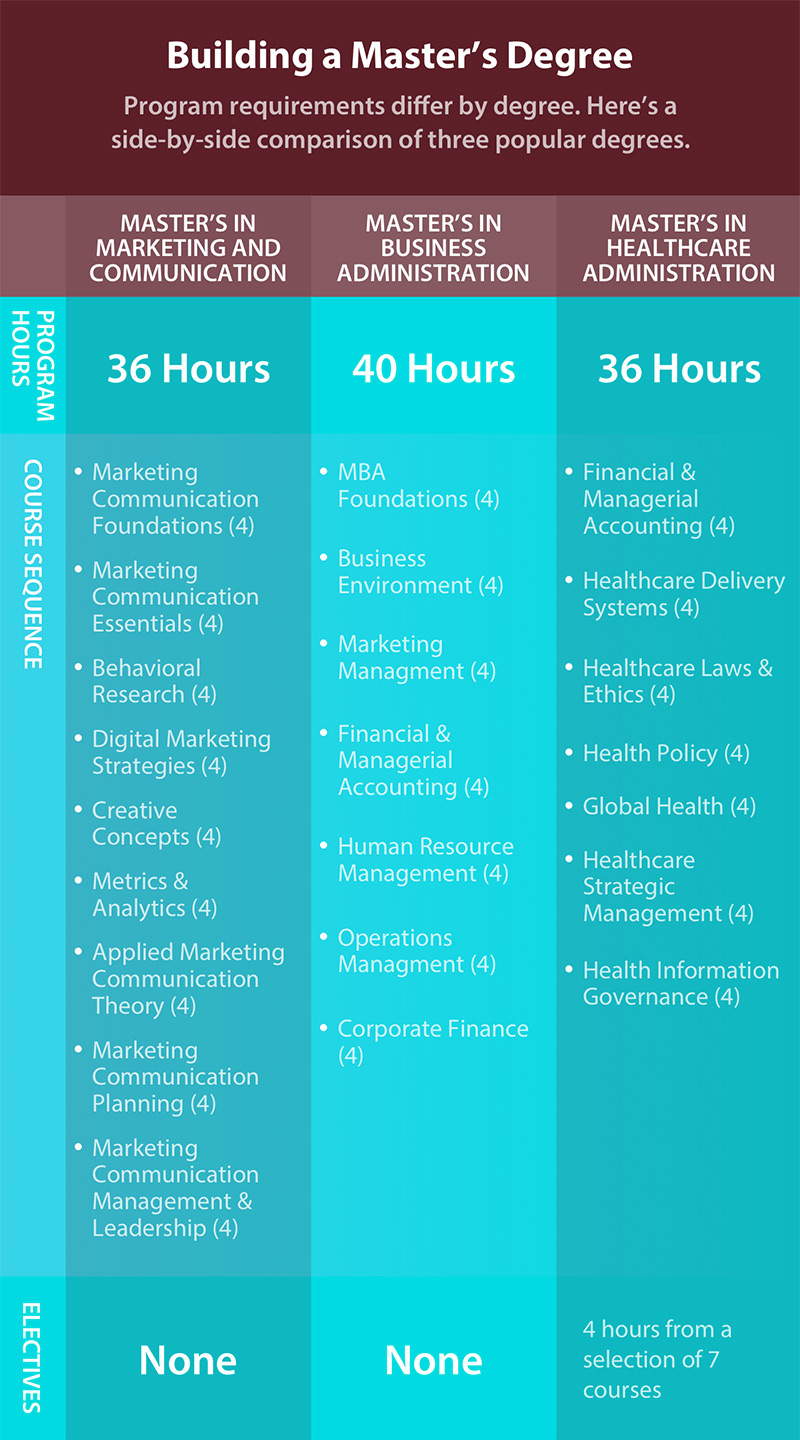Overview
A Masters degree is a course of academic study leading to a qualification such as a Master of Business Administration (MBA) or a Master of science (MSc).
All of our postgraduate courses are designed for you to study by distance learning. You’ll usually receive a complete study pack and access to the world’s top academic journals via our Online Library. A number of our master’s courses, including the MSc Professional Accountancy and the Master of Laws, may be supported by highly internationally recognised universities.
Entry Requirements
To study for a Bachelor's degree, a number of criteria have to be met in order to get accepted for the program you wish to study. You will normally require a bachelor's degree and a high level of English to be admitted. Some courses also have more specific requirements, such as higher language proficiency or work experience. (See the course pages for more detail.)
Others may have location specific requirements depending on labaratory classes. While these are general, some have additional requirements, therefore, please check the details of your selected degree page to make sure you meet these.
- Bachelor's degree or it's equivalent.
- National identification.
- May require Language proficiency.
- Some degrees may require virtual and physical attendance.
Location and Timing
Skyline University provides its students with the most modern intuitive online learning degrees. Studying with us has never become more simpler. You can log in to your Student Information System (SIS) account and view all matrial via learning videos, text matrial, and even interactive learning and problem solving. All of this material is available for Skyline students at all times.
You may be required to attend live classes between now and then in order for professors to check on student progress. Some programs may also require virtual or physical lab attendance every few days or weeks.
Study
Most Master's degree programs require 40 hours of credit. However, some require less or more, depending on your selected program in addtition to the thesis. Program requirements differ by degree and, as you’ll see below, are powerfully tailored just to meet the specific needs of the students.
Typically, a Master’s sequence begins with foundations and essentials and then ramps up to other more complex subjects like strategy, law, critical thinking, ethics, and leadership. These are the types of courses that build your academic experience from one of memorization to one of thoughtful contribution to an industry. It can be transformative.
The makeup of each degree can be significantly different, as it should be tailored to the program and not to a general framework. The image below shows how the curriculum differs for three common degrees:

Programs
Connection Failed! Error #2059: Plugin http could not be loaded: /usr/lib64/mysql/plugin/http.so: cannot open shared object file: No such file or directory